Resolving difficulties in recruiting teachers at the commune level
Discussing in groups, the National Assembly deputies agreed with the necessity of issuing the Resolution. The draft Resolution has basically institutionalized the spirit of Resolution 71-NQ/TW; established a number of mechanisms and policies that create important premises for standardizing and modernizing education and training in the direction of integration; at the same time, created a legal framework, outstanding mechanisms and policies to help remove "bottlenecks", creating momentum for breakthrough development in education and training.
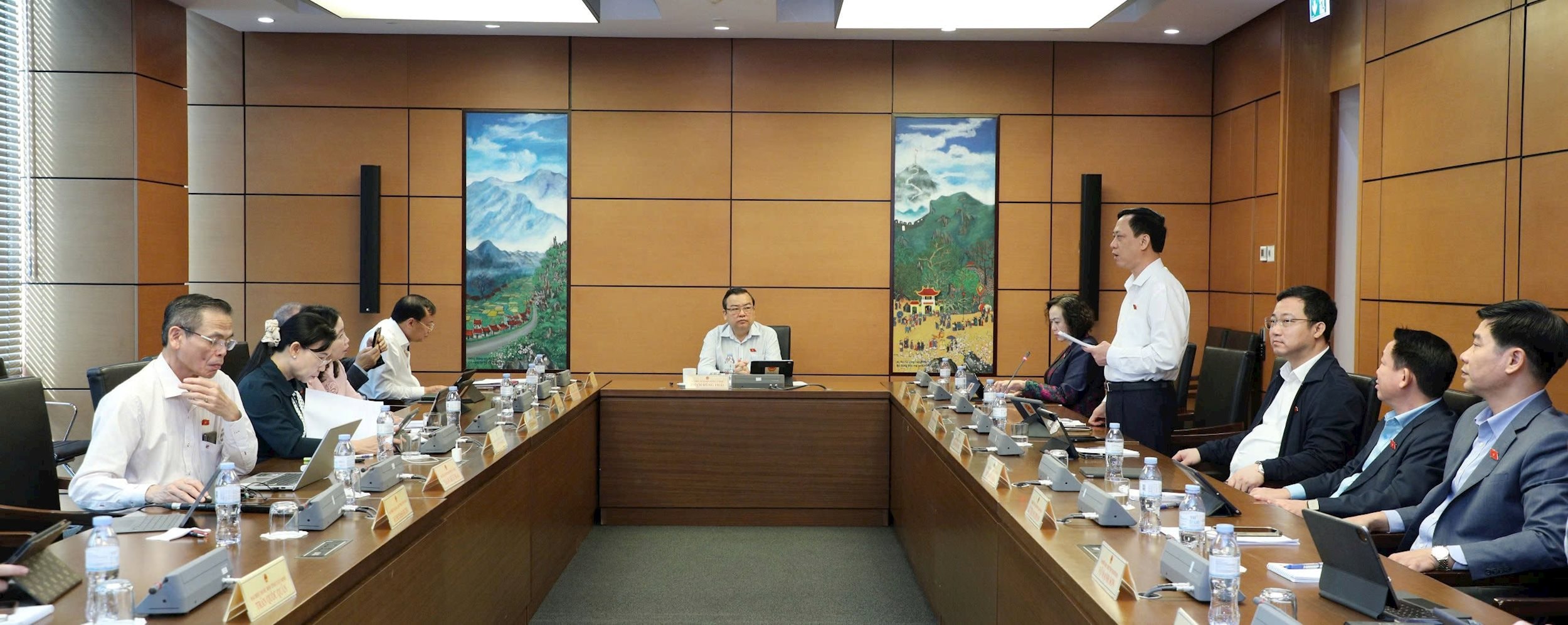
However, National Assembly deputies expressed concerns about regulations related to management authority, personnel recruitment and preferential policies for human resources in the education sector, which need to be studied and adjusted to be more suitable to reality.
National Assembly Deputy Mai Van Hai ( Thanh Hoa ) agreed with the major policies proposed in the draft resolution, but said that the drafting committee needs to carefully review to avoid duplication, overlap or conflict with current regulations in the Law on Education, Law on Teachers, Law on Higher Education, Law on Vocational Education and a number of laws being discussed by the National Assembly at the 10th Session.
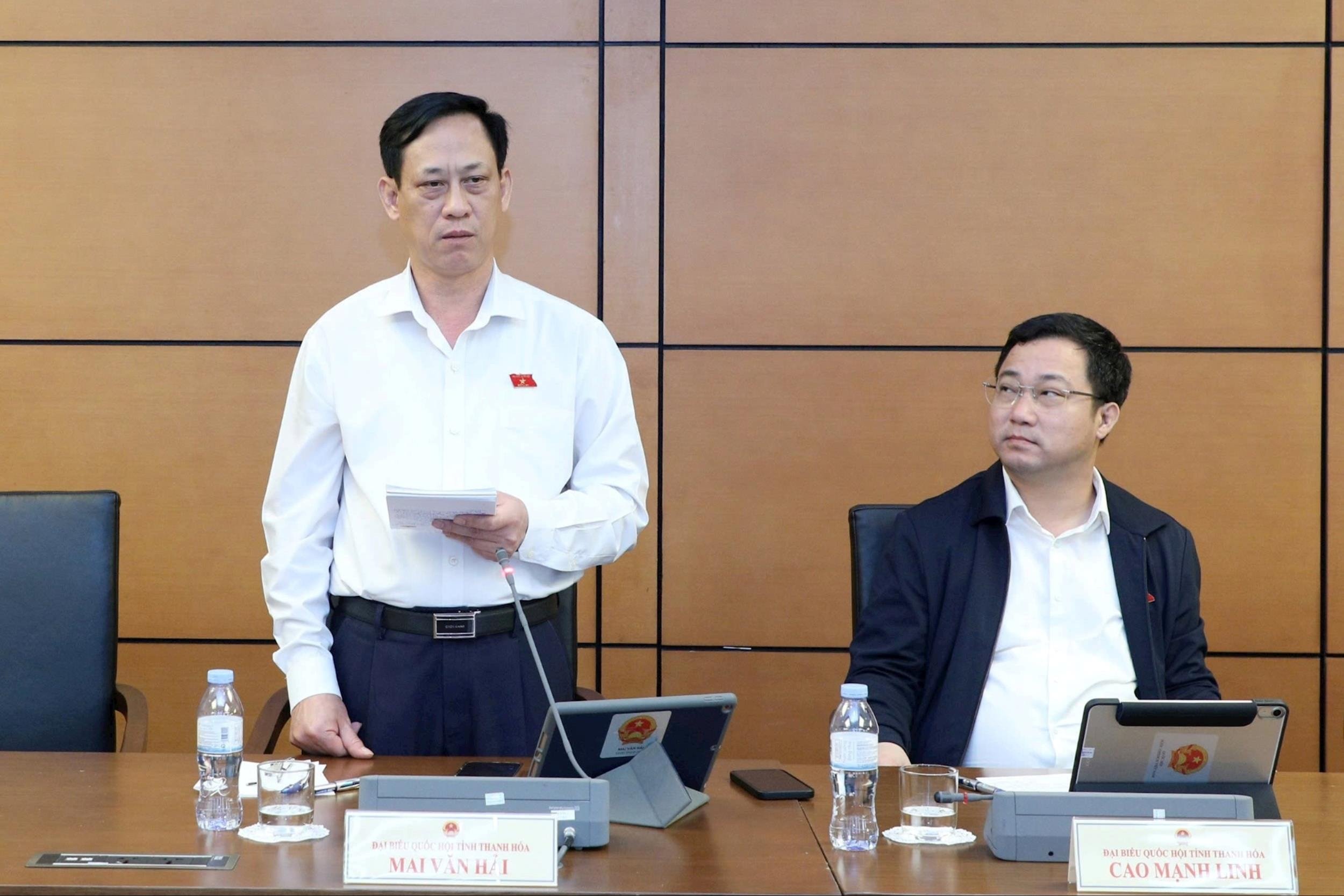
Commenting on the contents related to the development of human resources in the education sector, National Assembly Deputy Mai Van Hai said that currently, the recruitment, appointment and transfer of civil servants in public service units in general and teachers in particular do not have a unified authority between the Director of the Department of Education and Training and the Chairman of the Commune People's Committee.
The delegate stated: At Point a, Clause 4, Article 2 of the draft Resolution stipulates: "The Department of Education and Training exercises the authority to recruit and receive teachers, managers of educational institutions and staff in preschool, general education, continuing education, specialized schools and public vocational secondary schools". In addition, Decree 142/2025/ND-CP regulating the division of authority of two-level local authorities in the field of State management of the Ministry of Education and Training also has similar provisions to the draft resolution.
However, Clause 10, Article 23 of the Law on Organization of Local Government stipulates that the duties and powers of the Chairman of the Commune People's Committee are to "direct and organize the recruitment, use and management of civil servants and public employees in the locality according to the provisions of law and decentralization of competent state agencies; decide to appoint, transfer, dismiss the heads and deputy heads of specialized agencies, other administrative organizations, and public service units under the management of the People's Committee at the same level".
According to National Assembly Deputy Mai Van Hai, closely following the spirit of Resolution 71-NQ/TW of the Politburo on breakthroughs in education and training development, including requirements on promoting decentralization and delegation of power, the recruitment, appointment, and transfer of managers and teachers at the same level of education and within the commune-level area should be decided by the Chairman of the Commune People's Committee.
In addition, the recruitment of teachers should be proactively organized by the Commune People's Committee based on the annual quota allocated by the Department of Education and Training in consultation with the Provincial People's Council. The Department of Education and Training should inspect and supervise the recruitment process to ensure compliance with legal regulations, instead of organizing centralized recruitment.
“I think that if we give all the recruitment authority to the Department of Education and Training, it will lead to many problems, such as: concentrated recruitment in batches, not meeting the needs in a timely manner, slow procedures, and lack of initiative at the local level. Meanwhile, giving authority to the commune level will be flexible, practical, and suitable for the current local government model,” emphasized delegate Mai Van Hai.
Agreeing with the above viewpoint, National Assembly member Le Thi Song An (Tay Ninh) said that the current teacher recruitment procedure is too slow because the Department of Education and Training has to wait for communes to summarize their needs before submitting the plan to the Provincial People's Committee. Meanwhile, the process of considering transfers and recruitment is prolonged, causing a shortage of teachers in units, especially at the commune level.
To overcome this difficulty, delegate Song An also suggested that the commune level should be given the initiative to recruit teachers and staff to ensure timeliness; the Department of Education and Training should only perform the role of providing professional support, appraisal, inspection and supervision of the implementation process.
More specifically, special policies and treatment of human resources in the education sector
Discussing the special policies and incentives for education workers stipulated in Clause 2, Article 2, National Assembly member Le Thi Song An said that the "special" policies must clearly demonstrate the difference. Therefore, it is necessary to clarify the basis of the minimum allowance of 70% for primary and secondary school teachers, to see whether this is truly a superior incentive or not. The delegate suggested prioritizing a higher level of support for primary and secondary school teachers due to the nature of their heavy work, having to take on childcare duties and long working hours.
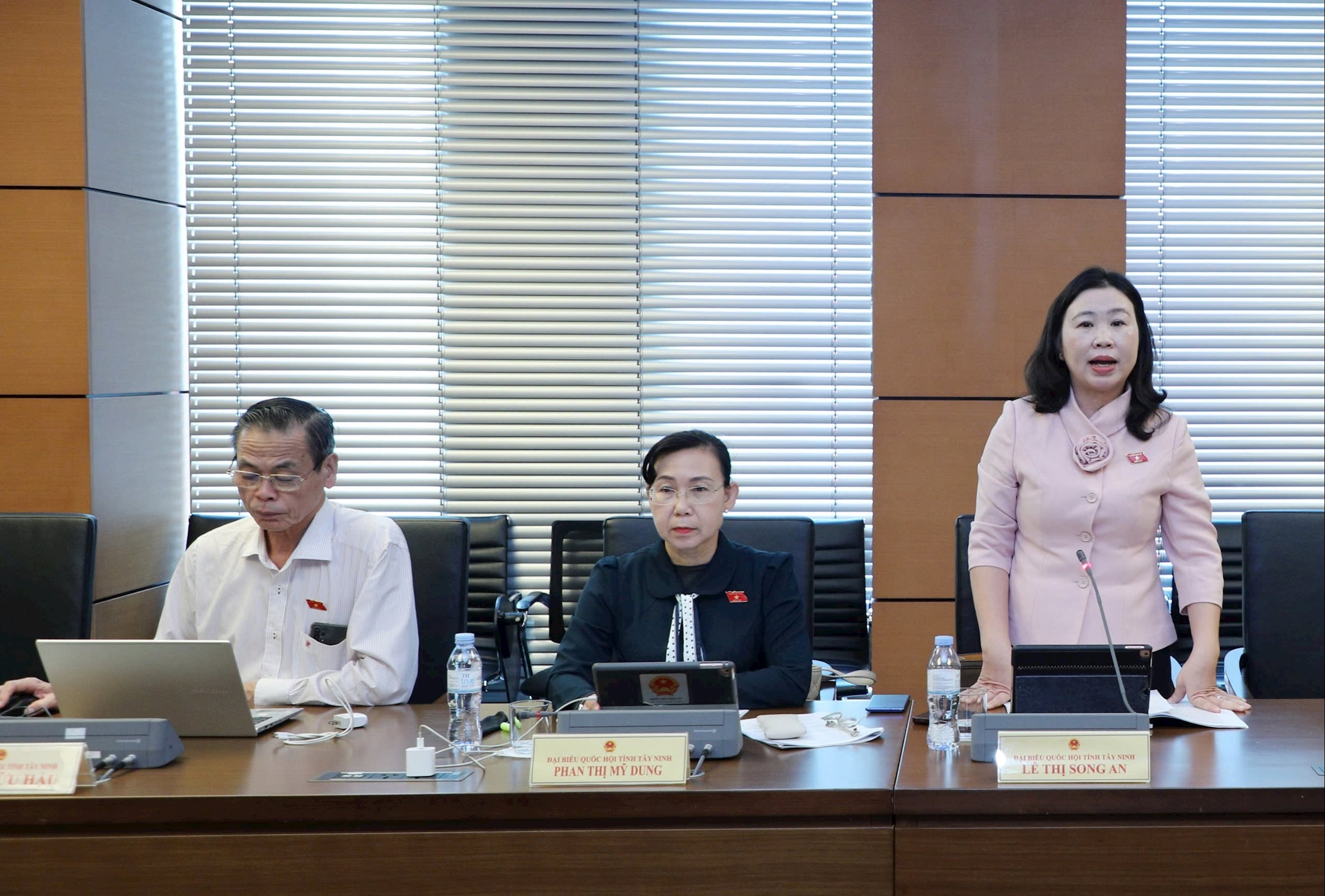
“Regarding the roadmap, the feasibility of the 70% level needs to be re-evaluated; if applied, priority must be given to preschool and primary schools first and teachers must be clearly classified at each level to ensure fairness and suitability with resources,” delegate Song An emphasized.
Discussing this issue, some delegates also said that the allowance of 30% for administrative staff and 100% for cadres and teachers in remote areas, ethnic minority areas, mountainous areas, border areas and islands is completely appropriate. For the remaining groups of teachers, the draft resolution stipulates an allowance of at least 70%. National Assembly delegates said that this provision needs to be considered more specifically.
According to the delegates, the same allowance level should not be applied to all levels of education from kindergarten to high school. Because each level of education has its own characteristics, workload, teaching conditions and different levels of difficulty. Therefore, the allowance level should also be flexible and stratified, ensuring fairness and suitability to reality.
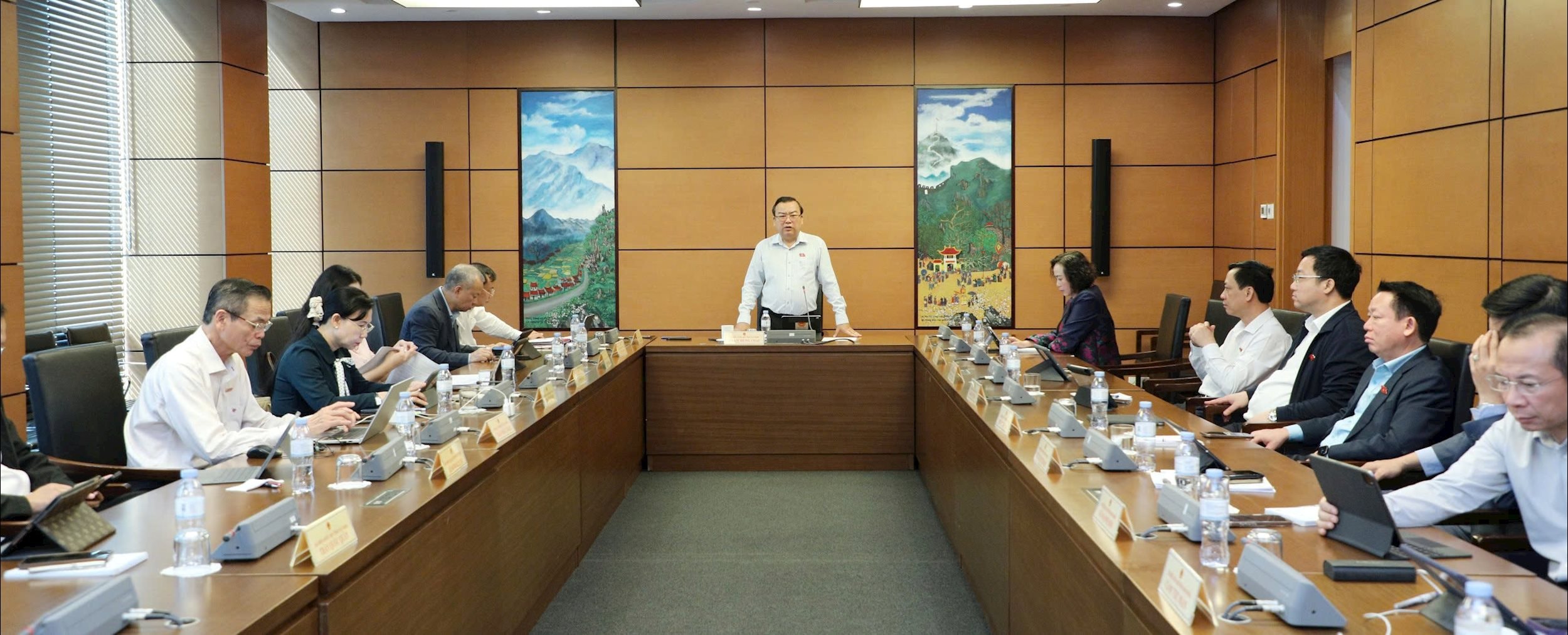
In addition, the regulation of “at least 70%” but not specifying the maximum level leads to ambiguity. Therefore, the National Assembly deputies proposed to specify the ceiling and floor allowances, divide them by each level of education and each group of subjects, ensure consistency and create real motivation for the teaching staff.
Regarding the regulation on cooperation in developing educational programs, National Assembly member Le Thi Song An (Tay Ninh) said that the draft regulation stipulates that the Minister of Education and Training decides on a set of universal textbooks to be used uniformly nationwide. This policy has received the approval of voters and delegates.
However, to ensure leadership, direction and accountability at a higher level, especially in the roadmap towards providing free textbooks to students by 2030, delegates proposed to delegate this authority to the Government. The decision on textbooks is not only related to the Ministry of Education and Training but also requires the coordination of many ministries, branches and localities.
In addition, the draft Resolution proposes allowing localities to have conditions to implement free textbooks from 2022 - 2027. Delegates expressed concerns about the inequality that may arise when students in developed areas with good economic conditions are exempt from textbooks, while students in remote, border, mountainous areas, and places with many difficulties have to pay for books themselves.
Therefore, delegate Song An suggested that this regulation should be reviewed to ensure fairness in education. If the free textbook policy is implemented, priority should be given to students in disadvantaged areas, mountainous areas, and island areas. In case of applying the roadmap, the Government should have policies to support localities with limited resources; at the same time, it can consider mechanisms for localities to facilitate support for disadvantaged localities, in order to ensure that all poor students have access to free textbooks. This will contribute to creating better conditions for students in disadvantaged areas to excel in their studies.
Source: https://daibieunhandan.vn/de-xuat-giao-trach-nhiem-tuyen-dung-bo-nhiem-dieu-dong-can-bo-giao-vien-trong-pham-vi-cap-xa-cho-chu-cich-ubnd-xa-10395958.html







![[Photo] General Secretary To Lam and National Assembly Chairman Tran Thanh Man attend the 80th Anniversary of the Traditional Day of the Vietnamese Inspection Sector](https://vphoto.vietnam.vn/thumb/1200x675/vietnam/resource/IMAGE/2025/11/17/1763356362984_a2-bnd-7940-3561-jpg.webp)


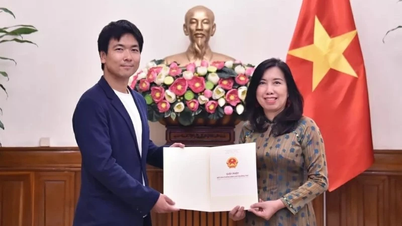
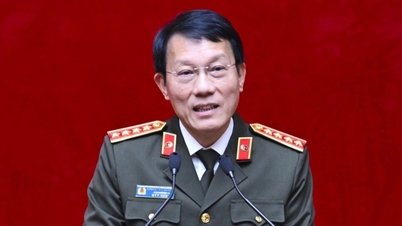


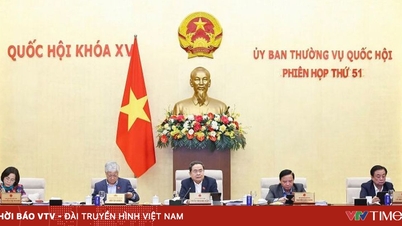

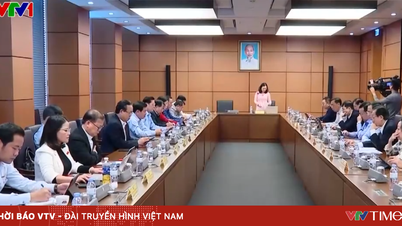




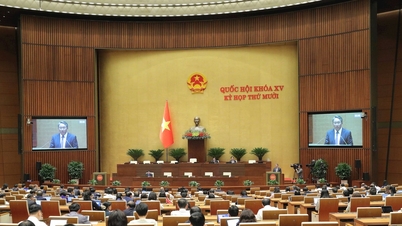
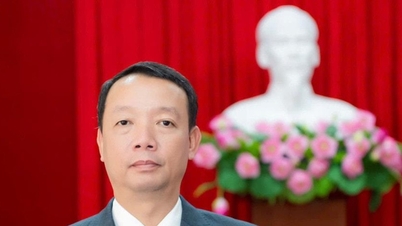

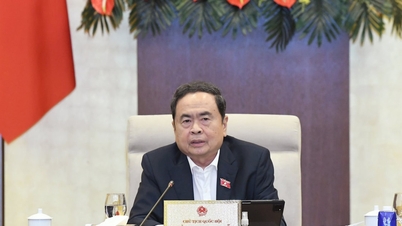

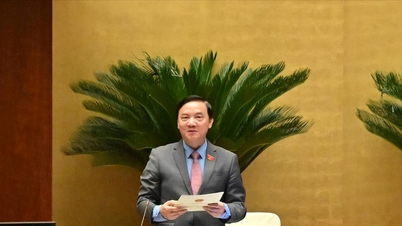























































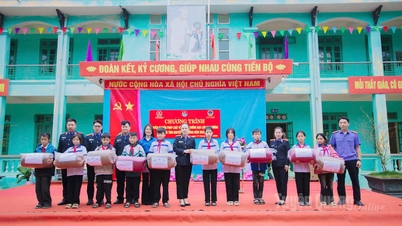




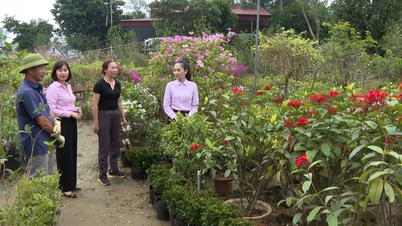















Comment (0)